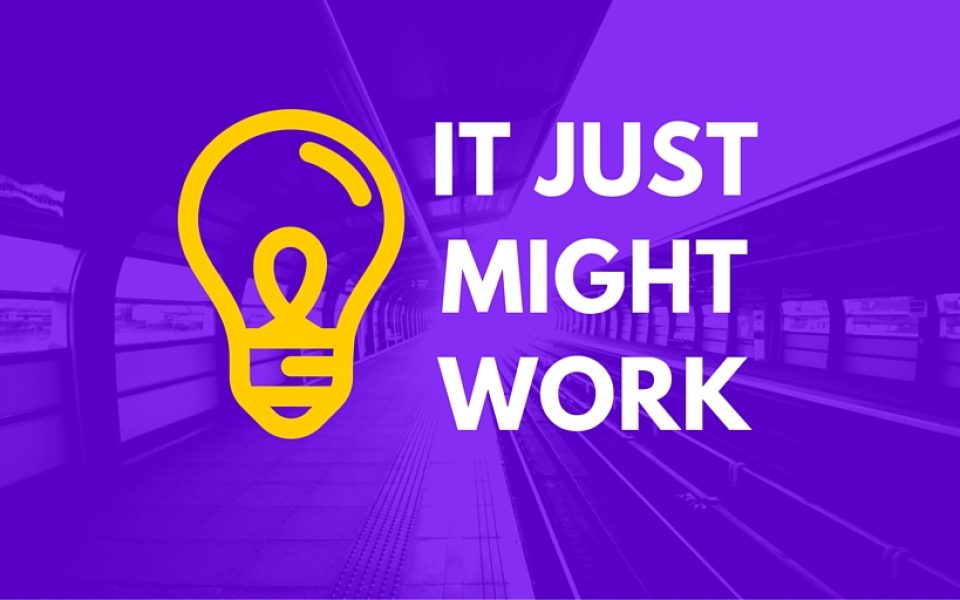I have often stood over my recycling bin and trashcan in the kitchen, debating where to put a rinsed-out plastic takeout container. In Greensboro, my choice doesn’t affect me negatively in the short run. I can chuck anything in the trash and hypothetically not lose any sleep over it. But in San Francisco, if I chose incorrectly, I could get fined upwards of $100. A 2009 city ordinance there that penalizes citizens for mindless wastefulness is a brilliant ploy to reduce landfill waste, and we need to pass the same kind of ordinance here in the Triad cities.
When my family first moved out to the East Bay area in 2014, I was astounded to encounter a disparity between their huge city-mandated recycling can and the itty-bitty one provided for trash. Choosing the smaller trashcan, it turns out, meant a cheaper monthly collection rate. My mom pointed out how it changed the way they think about the waste they create, saying that if they throw too much away, their can fills up too soon and they have to drive to the waste center to get rid of it (ew). It became more convenient for my family to be militant about recycling, to avoid the fine or driving around bags of trash.
The three-can system (recyclables, compost and waste) came on the heels of several other game-changing San Francisco ordinances in the late 2000s, including forbidding businesses from using Styrofoam takeout boxes and hiking up the price of plastic grocery bags. It caused a dramatic reduction in landfill waste. They’re on track to reach their goal of being completely zero-waste by 2020.
My competitive spirit says that we here in the Triad could pull it off, too.
After helping a friend move out of her Greensboro apartment and bemoaning having to toss all her recyclable waste in the one-size-fits-all-waste dumpster at her complex, and shrieking at my poor roommate every time I find a yogurt cup in the trash, it’s safe to say I’m probably in a minority when it comes to a passion for recycling here. So to other people in that minority: Here’s how we change the world San Francisco-style.
We make it cheaper to recycle by offering discounted collection rates to apartment complexes, businesses and residential areas who use smaller trash cans. We mandate recycling collection at all businesses, including apartment complexes. And we charge people fines when they don’t comply.
Incentivizing environmentally friendly behavior is a proven method with other initiatives in the Bay Area. My dad has a bike locker pass for where he takes the train into the city from out in the ‘burbs — he uses greenways to get to the station and then stores it in a big bike hangar. The cost for parking a bike comes to about 11 cents a day, whereas a day pass for leaving his car could cost anywhere between $6 and $20. So the long-term choice to comply and be eco-friendly isn’t merely obvious in the Bay, it’s a matter of financial common sense.
That’s the best thing about eco-conscious policies: They contain the urgency and bad repercussions necessary to keep us from being so damn trashy.
Join the First Amendment Society, a membership that goes directly to funding TCB‘s newsroom.
We believe that reporting can save the world.
The TCB First Amendment Society recognizes the vital role of a free, unfettered press with a bundling of local experiences designed to build community, and unique engagements with our newsroom that will help you understand, and shape, local journalism’s critical role in uplifting the people in our cities.
All revenue goes directly into the newsroom as reporters’ salaries and freelance commissions.


Leave a Reply